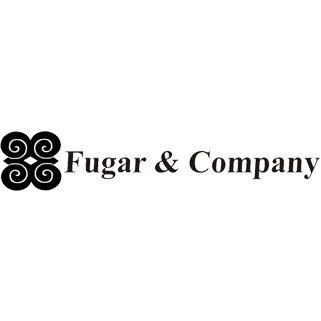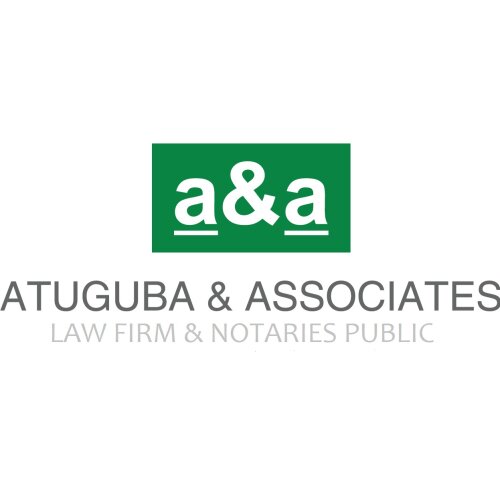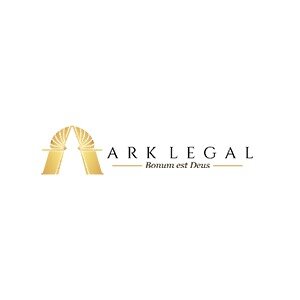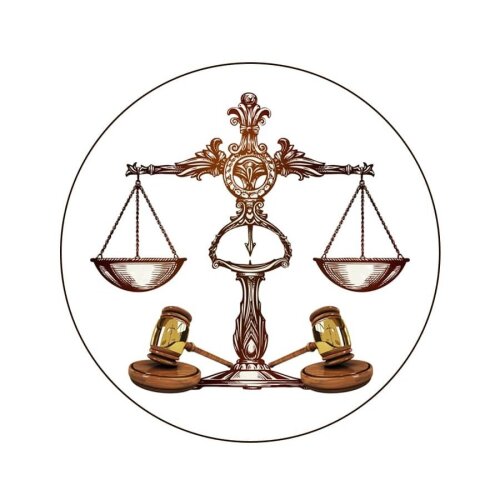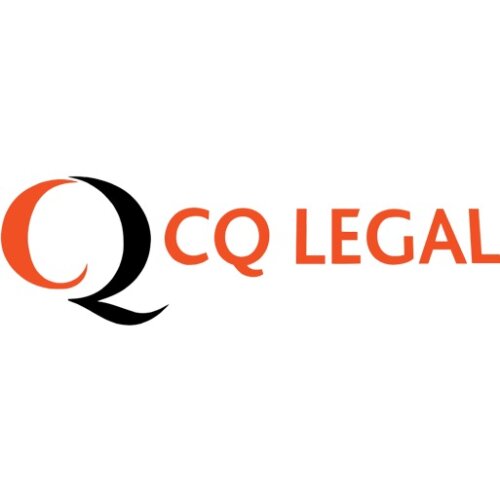Best Public-Private Partnerships (PPP) Lawyers in Ghana
Share your needs with us, get contacted by law firms.
Free. Takes 2 min.
Or refine your search by selecting a city:
List of the best lawyers in Ghana
About Public-Private Partnerships (PPP) Law in Ghana
Public-Private Partnerships (PPP) in Ghana refer to collaborative arrangements between government entities and the private sector for the provision of public infrastructure or services. The goal of PPPs is to combine public sector oversight and accountability with private sector efficiencies and innovation. The Government of Ghana considers PPPs a vital mechanism to address the country’s infrastructural needs, attract investment, and improve service delivery.
The legal landscape for PPPs in Ghana has evolved to provide certainty, transparency, and guidance for all stakeholders. The main legal framework is anchored by the Ghana Public Private Partnership Act, 2020 (Act 1039), supplemented by sector-specific regulations and international best practices.
Why You May Need a Lawyer
Navigating PPP arrangements in Ghana can be complex due to the intersection of public interest, private enterprise, and strict legal requirements. Individuals and organizations may require legal assistance in the following common situations:
- Understanding the statutory requirements for participating in a PPP project
- Drafting or reviewing project agreements and contracts
- Conducting due diligence on government procurement processes and project viability
- Ensuring regulatory compliance throughout the project lifecycle
- Negotiating risk allocation, performance guarantees, and dispute resolution clauses
- Addressing public sector approvals and stakeholder engagement
- Managing issues related to project finance, asset transfers, or termination of agreements
- Advising on environmental, land, and tax matters relevant to PPP projects
- Resolving disputes or misunderstandings between partners
Engaging a lawyer ensures that your rights and interests are protected while fulfilling all mandatory legal obligations.
Local Laws Overview
The core legal instrument governing PPPs in Ghana is the Public Private Partnership Act, 2020 (Act 1039). Key aspects of local PPP laws include:
- Project Identification and Screening - All PPP projects must be identified and screened by an approving authority, usually a government ministry or agency, and approved by the PPP Committee under the Ministry of Finance.
- Procurement Standards - The Act stipulates transparent and competitive procurement processes, often through public tendering, in accordance with the Public Procurement Act, 2003 (Act 663), as amended.
- Contract Approval - PPP agreements are subject to review by the Attorney General and may need Parliamentary approval, especially for contracts involving public funds or contingent liabilities for the state.
- Risk Allocation - Local regulations emphasize the appropriate allocation of risks between the public and private partners based on capacity and project characteristics.
- Financial Arrangements - Provisions related to financing avenues, government support, user charges, and fiscal obligations are clearly outlined in law.
- Environmental and Social Compliance - Projects must comply with environmental, social, and safety regulations, overseen by appropriate regulatory bodies such as the Environmental Protection Agency.
- Monitoring and Oversight - Ongoing projects are subject to monitoring to ensure compliance with contractual and regulatory requirements.
- Dispute Resolution - The law provides for alternative dispute resolution mechanisms, including arbitration, to handle conflicts arising from PPP projects.
Frequently Asked Questions
What is a Public-Private Partnership (PPP) in the context of Ghana?
A PPP in Ghana is a legally binding arrangement where both public sector entities and private companies collaborate to design, finance, build, operate, or maintain public infrastructure or services for a specified period.
Which government agency coordinates PPPs in Ghana?
The Ministry of Finance, through its PPP Division, serves as the central coordinating body, working with various sector ministries and the PPP Committee to implement and oversee PPP projects.
What types of projects can be developed as PPPs in Ghana?
Common PPP projects in Ghana include roads and highways, ports, water supply, electricity, transport terminals, hospitals, schools, and waste management facilities.
Is there a specific law that governs PPPs in Ghana?
Yes. The Public Private Partnership Act, 2020 (Act 1039) is the main statute governing PPP initiatives in Ghana.
How are PPP contracts awarded in Ghana?
PPP contracts are usually awarded through open and competitive tendering processes, though direct negotiations can occur in certain circumstances permitted by law.
Can foreign companies participate in PPPs in Ghana?
Yes. Foreign companies may participate in PPP projects, provided they comply with local laws, register with relevant authorities, and fulfill local content requirements where applicable.
What are the main risks involved in PPP projects?
Risks include financial risks, construction risks, operational risks, demand risks, political and regulatory risks, and environmental risks. Proper contract structuring and risk allocation help manage these challenges.
How are disputes resolved in PPP projects?
Disputes arising from PPP agreements are often resolved through alternative dispute resolution mechanisms such as negotiation, mediation, or arbitration, as agreed in the contract.
What happens at the end of a PPP contract?
At the end of the contract term, the asset, facility, or service is usually transferred to the government or another specified public authority in good working condition, according to the agreement terms.
Do PPP projects in Ghana require environmental approvals?
Yes. All PPP projects with potential environmental or social impacts must undergo environmental impact assessments and obtain approval from the Environmental Protection Agency before proceeding.
Additional Resources
Several resources and institutions provide information, guidance, or assistance regarding PPPs in Ghana:
- Ministry of Finance - PPP Division
- Public Procurement Authority
- Attorney General’s Department
- Environmental Protection Agency
- Ghana Investment Promotion Centre
- Local law firms with PPP or infrastructure expertise
- Professional bodies such as the Ghana Bar Association
- Development partners and multilateral agencies which support PPP capacity building in Ghana
Next Steps
If you need legal assistance with a Public-Private Partnership in Ghana, consider the following actions:
- Clearly define your interests or involvement in the PPP project
- Gather all relevant documents, project plans, and correspondence
- Identify the specific legal issues you are facing or wish to clarify
- Consult with a qualified lawyer or law firm with experience in PPP, infrastructure, or project finance
- Ensure that the lawyer is familiar with both local laws and the relevant sector regulations
- Engage with government authorities or relevant agencies early in the process if required
- Follow the advice and recommendations outlined by your legal advisor
Acting promptly will ensure your interests are protected and all legal requirements for a successful PPP engagement are met.
Lawzana helps you find the best lawyers and law firms in Ghana through a curated and pre-screened list of qualified legal professionals. Our platform offers rankings and detailed profiles of attorneys and law firms, allowing you to compare based on practice areas, including Public-Private Partnerships (PPP), experience, and client feedback.
Each profile includes a description of the firm's areas of practice, client reviews, team members and partners, year of establishment, spoken languages, office locations, contact information, social media presence, and any published articles or resources. Most firms on our platform speak English and are experienced in both local and international legal matters.
Get a quote from top-rated law firms in Ghana — quickly, securely, and without unnecessary hassle.
Disclaimer:
The information provided on this page is for general informational purposes only and does not constitute legal advice. While we strive to ensure the accuracy and relevance of the content, legal information may change over time, and interpretations of the law can vary. You should always consult with a qualified legal professional for advice specific to your situation.
We disclaim all liability for actions taken or not taken based on the content of this page. If you believe any information is incorrect or outdated, please contact us, and we will review and update it where appropriate.
Browse public-private partnerships (ppp) law firms by city in Ghana
Refine your search by selecting a city.



